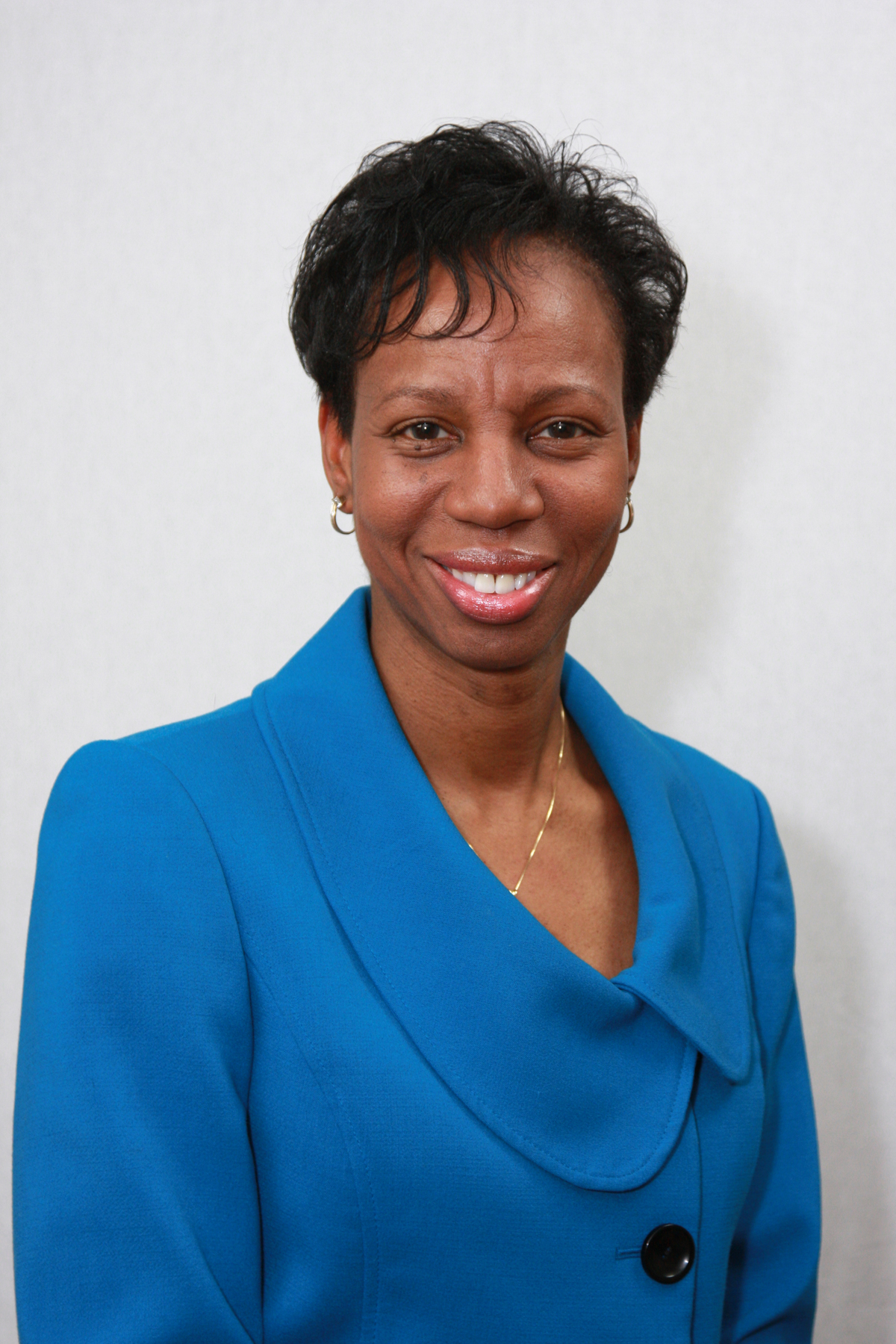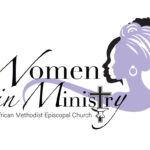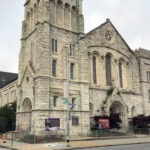Fraud in the Church – Part II
By Cynthia Gordon-Floyd, CPA, Contributing Writer
In the initial article in this series on Fraud in the Church, it was established that fraud encompasses a broad range of corrupt activities. This article will focus on misappropriation of cash assets. Misappropriation is not only perpetrated by those at higher levels, but also at lower levels of responsibility as well.
It is common practice in many churches to provide checks in advance of expenditures to ensure that pastors, staff, and volunteers do not have to spend their own funds for authorized church business. This practice has merit and is important as we carry out the various ministries of the church which can quickly become a financial burden for those involved. The problem arises with our inability to accurately track those expenses, and to require timely accountability from those who have received the advance funds.
Ideally, each ministry should have an Accountable Reimbursement Plan which is an IRS-sanctioned plan that lays out the guidelines for providing supporting documentation, the timeline for those documents to be provided, and the procedure for reimbursement of overspent dollars or refunds of unspent dollars. Establishing this plan is not only good practice but serves to notify those who receive church funds that documentation is required in a timely fashion.
Everyone involved should be aware that if documentation is not provided, that amount must be reported as taxable income to the recipient. Therefore, it may become necessary to secure a W-9 form from the church member who volunteers to cook dinner for the church anniversary but doesn’t provide receipts for the $500 check that was given to her to purchase the food. Or the church pastor who receives a check for $2,500 to attend a conference, but doesn’t provide a hotel receipt, or listing of offerings that they participated in, etc. We know that our pastor must attend the Annual Conference, so this is a legitimate reimbursable expense that most churches want to cover in full, in advance. We do not want to include monies in taxable income that was likely spent for authorized purposes such as this. However, if the recipient is unable to provide proper and timely receipts, it may become a necessary outcome.
Some practices are not fraudulent at all, but without proper documentation, there is no way to determine that funds are not being misappropriated. Without established procedures, we are creating opportunities for abuse to take place, and we must be careful to guard our church and our members from that outcome.
Cynthia Gordon-Floyd is a certified public accountant and founder of Willing Steward Ministries, LLC. Willing Steward Ministries (www.willingsteward.com) is a financial consulting and accounting firm for churches and other faith-based non-profits, specializing in Bible-focused financial practices, pastoral compensation issues, IRS compliance, and other financial needs specific to churches. Cynthia is a graduate of Lake Forest College and holds her MBA in Accounting from DePaul University. She is a Steward and the Financial Secretary at the First AME Church of Manassas in Manassas, Virginia.





